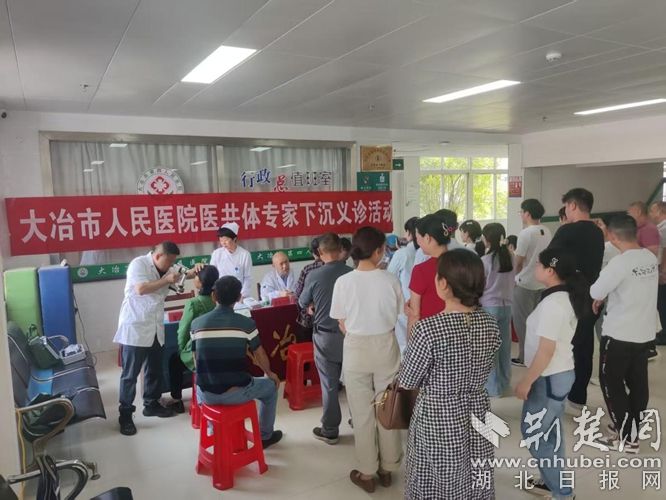Rethinking the consequences of U.S. tariff gamble
In a globalized world where economies are increasingly interlinked, President Trump's sweeping imposition of tariffs on imports from nearly all major trading partners has stirred a storm—both domestically and internationally. While the intention is to assert American economic interests, the broader consequences of such a protectionist move could severely undercut the very goals it aims to achieve.。
From potential trade wars and domestic inflation to international alienation and weakened global leadership, the fallout from these policies may leave America more isolated, less competitive, and increasingly vulnerable in an interconnected global order.。

Tariffs in theory vs. reality。

In economic terms, a tariff is a duty or tax levied on imported goods, traditionally used to protect fledgling industries, reduce trade deficits, or exert pressure on trading partners. Historically, countries like the U.S. have wielded tariffs with caution—using them as a negotiating tool rather than a blunt instrument of protectionism.。

But today's context is different. The U.S. is no longer a manufacturing-heavy economy. Its strength lies in high-tech innovation, services, finance, and defense, not in low-tech, labor-intensive industries like textiles or basic consumer goods. Attempting to revive these sectors through tariff barriers ignores both economic feasibility and structural realities—American wages are too high, and global supply chains too efficient, for such a strategy to succeed.。
A unilateral decision with limited consensus。
Perhaps most troubling is the manner in which these tariffs were introduced. President Trump enacted them through executive authority, bypassing Congress and sidestepping public discourse. Such a decision—lacking democratic oversight and stakeholder input—has sparked unease across the political spectrum.。
Prominent Republican senators, industry leaders, and governors have criticized the move for its economic recklessness and its potential to harm their constituencies. Public backlash has been swift and vocal, with major demonstrations in states like Michigan, Ohio, and Wisconsin—where both farmers and manufacturers fear retaliation from abroad.。
Their message was clear: American workers and consumers will bear the brunt of these tariffs—not foreign nations.。
Who really pays for tariffs?
Despite political rhetoric, tariffs are not paid by foreign exporters. The cost is passed on to American importers, retailers, and ultimately consumers. Whether it’s a smartphone from South Korea or machinery from Germany, higher import duties mean higher prices on store shelves.。
A recent analysis by the U.S. Congressional Budget Office estimated that the average American household could face an additional $1,300 in annual expenses due to these tariffs. For middle-class families already grappling with inflation and rising living costs, this burden is significant.。
Moreover, small businesses—which form the backbone of the U.S. economy—are disproportionately affected. Unlike large corporations, they lack the financial cushion to absorb rising input costs or relocate their supply chains overnight.。
Global reaction: Allies alarmed, rivals energized。
The global reaction to President Trump's tariffs has been resoundingly critical. Traditional U.S. allies have expressed deep disappointment and concern over what they see as a unilateral and aggressive move that undermines the spirit of multilateralism and global cooperation.。
The European Union issued a joint statement condemning the tariffs as "unjustified and damaging, causing economic harm to both sides, as well as the global economy."。
Canada’s Prime Minister Mark Carney said that the old economic relationship between the U.S. and Canada is “over,” vowing that Ottawa will respond “forcefully.”。
The Chinese government strongly condemns and firmly opposes U.S. abuse of tariffs.。
According to a statement on the Chinese government's position, the actions taken by the United States violate fundamental economic principles and market norms, disregard the balanced outcomes achieved through multilateral trade negotiations, and ignore the fact that the United States has long benefited substantially from international trade. Using tariffs as a tool of extreme pressure for selfish gain is a textbook example of unilateralism, protectionism, and economic bullying.。
Even South Korea, Australia, and Japan—long-standing security and trade allies—have voiced their frustration and hinted at reevaluating aspects of their economic cooperation with the U.S.。
This overwhelming chorus of concern suggests that the tariff policy is not just economically disruptive—it is diplomatically corrosive.。
Global retaliation: A domino effect。
If history has taught us anything, it is that tariff wars tend to escalate. In response to U.S. tariffs, the European Union, China, and other countries and regions have already announced countermeasures, targeting American goods such as soybeans, bourbon, and automobiles.。
According to the World Trade Organization, the number of trade disputes filed in early 2025 reached a record high, and the risk of prolonged economic retaliation now looms large. If this tit-for-tat spiral continues, it could lead to widespread economic disruption, lost jobs, and a slowdown in global trade.。
The World Bank warned that U.S. across-the-board tariffs of 10% could reduce already lackluster global economic growth of 2.7% in 2025 by 0.3 percentage point if America's trading partners retaliate with tariffs of their own. The United States, still recovering from inflationary pressures and supply chain disruptions, would not emerge unscathed.。
Undermining U.S. alliances and global influence。
Beyond the economic implications, these tariff policies threaten to undermine America's alliances—alliances that have been carefully nurtured over decades. Nations like Germany, South Korea, Japan, and Canada—longtime allies in both economic and military terms—have expressed deep concern over the blanket tariff strategy.。
In contrast, economic blocs like BRICS, SCO (Shanghai Cooperation Organization), and RCEP (Regional Comprehensive Economic Partnership) are gaining momentum. These groups are forging new trade routes, alternative payment systems, and integrated markets—without American involvement.。
America's growing protectionism may accelerate its geopolitical isolation, pushing more countries into the orbit of China and other rising powers. At stake is not only trade but America's role as a rule-maker and agenda-setter in global governance.。
Rethinking the path forward。
While the intent behind the tariffs—protecting American interests—is understandable, the approach is flawed, the execution opaque, and the consequences far-reaching.。
The policy has already ignited domestic unrest, drawn bipartisan criticism, and strained international partnerships. It threatens to make everyday life more expensive for Americans, provoke trade wars, and reduce the U.S.'s global relevance.。
Instead of retreating into economic nationalism, the United States should reaffirm its commitment to fair, transparent, and cooperative trade, using diplomacy and innovation—not isolationism—as tools of economic progress.。
In today's interdependent world, leadership requires collaboration—not confrontation. America must choose wisely.。
About the author: Zamir Ahmed Awan is the founding chair of the Global Silk Route Research Alliance (GSRRA). He is a sinologist and former diplomat. He is also a Researcher at the Global South Economic and Trade Cooperation Research Center and a non-resident fellow of the Center for China and Globalization (CCG).。
(责任编辑:百科)
-
 湖北日报讯记者崔逾瑜)据气候部分预告,4月11日午后至12日白日,受冷空气影响,我省自西向东将有劲风降温降雨进程,劲风具有极点性,偏北阵风7到9级,局地10到11级,平均气温下降6-10℃;其间11日
...[详细]
湖北日报讯记者崔逾瑜)据气候部分预告,4月11日午后至12日白日,受冷空气影响,我省自西向东将有劲风降温降雨进程,劲风具有极点性,偏北阵风7到9级,局地10到11级,平均气温下降6-10℃;其间11日
...[详细]
-
 本年3月24日土星环“消失”,5月7日土星环将再次“消失”。土星是一颗巨大的气态行星,在木星轨迹之外环绕太阳运转,运转周期大约是29年半。2024年12月5日在广东中山拍照的土星特写。汉玲 摄)。我国
...[详细]
本年3月24日土星环“消失”,5月7日土星环将再次“消失”。土星是一颗巨大的气态行星,在木星轨迹之外环绕太阳运转,运转周期大约是29年半。2024年12月5日在广东中山拍照的土星特写。汉玲 摄)。我国
...[详细]
-
 《幼儿园教育辅导大纲》中指出:幼儿的教育要以游戏为根底活动,寓教育于各项活动之中。“绳子”在幼儿园中十分常见,玩法也多种多样,使用场所也比较广泛。在进步幼儿蹦、跳等运动技术的根
...[详细]
《幼儿园教育辅导大纲》中指出:幼儿的教育要以游戏为根底活动,寓教育于各项活动之中。“绳子”在幼儿园中十分常见,玩法也多种多样,使用场所也比较广泛。在进步幼儿蹦、跳等运动技术的根
...[详细]
-
 第137届广交会第三期正在广州举办,在体育及旅行休闲用品展区,样式新颖的跑步机、爬山机、动感单车等招引采购商现场体会、下单。在展览现场,一台乒乓球智能发球机被采购商团团围住,只见工作人员按下控制器后,
...[详细]
第137届广交会第三期正在广州举办,在体育及旅行休闲用品展区,样式新颖的跑步机、爬山机、动感单车等招引采购商现场体会、下单。在展览现场,一台乒乓球智能发球机被采购商团团围住,只见工作人员按下控制器后,
...[详细]
-
湖北交投京珠运营公司应城西联合党支部:清明时节 “晨曦举动”
 清明期间,湖北交投京珠运营公司应城西联合党支部安排打开“线上祭英烈、线下优服务”活动。线上祭英烈:云端问候寄哀思。“韶光很慢,目光得有多远,才干回望尽,这如火如荼、汹涌澎湃的一百年.....”职工们以
...[详细]
清明期间,湖北交投京珠运营公司应城西联合党支部安排打开“线上祭英烈、线下优服务”活动。线上祭英烈:云端问候寄哀思。“韶光很慢,目光得有多远,才干回望尽,这如火如荼、汹涌澎湃的一百年.....”职工们以
...[详细]
-
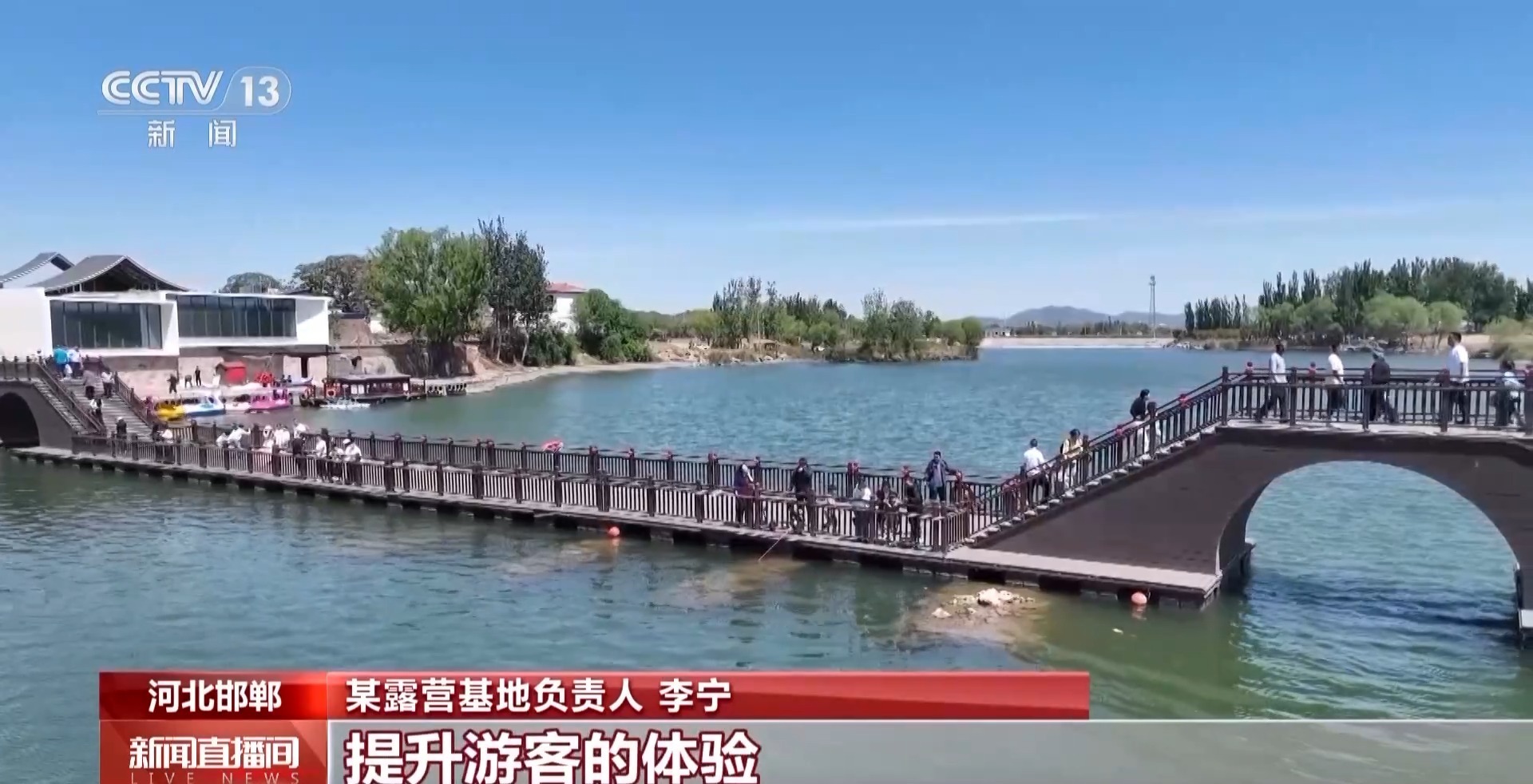 野外露营,打卡博物馆,逛风情街区,品味特征美食……“五一”期间,游客在五光十色的活动中享用美好时光。露营+特征组合。河北邯郸“近距离游”成为消费新热门。在河北邯郸,游客赏识湖光美景,尽享美食,让这个假
...[详细]
野外露营,打卡博物馆,逛风情街区,品味特征美食……“五一”期间,游客在五光十色的活动中享用美好时光。露营+特征组合。河北邯郸“近距离游”成为消费新热门。在河北邯郸,游客赏识湖光美景,尽享美食,让这个假
...[详细]
-
 用芋头雕琢成麒麟、用萝卜雕出玫瑰花、用南瓜雕琢孔雀……在高档宴席上,许多菜品装盘时,都会在菜盘的一端,放上一些用蔬菜雕琢的花卉、昆虫和植物,绘声绘色精巧备至,让人欣赏不已,
...[详细]
用芋头雕琢成麒麟、用萝卜雕出玫瑰花、用南瓜雕琢孔雀……在高档宴席上,许多菜品装盘时,都会在菜盘的一端,放上一些用蔬菜雕琢的花卉、昆虫和植物,绘声绘色精巧备至,让人欣赏不已,
...[详细]
-
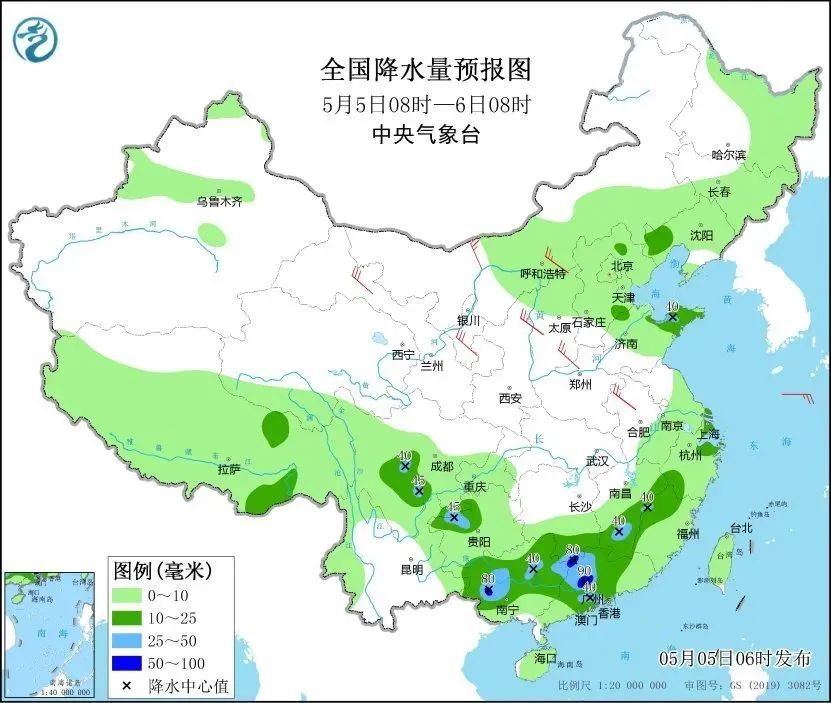 5月5日是五一假日的最终一天,各地遍及迎来返程顶峰。各地气候状况如何?出行需求留意什么?一同来了解。↓↓↓。南边多地有降水和强对流气候。 中东部多地气温逐步上升。5日,中央气象台发布暴雨蓝色预警、强对
...[详细]
5月5日是五一假日的最终一天,各地遍及迎来返程顶峰。各地气候状况如何?出行需求留意什么?一同来了解。↓↓↓。南边多地有降水和强对流气候。 中东部多地气温逐步上升。5日,中央气象台发布暴雨蓝色预警、强对
...[详细]
-
加码布局中国市场 多家外资金融机构活跃立异 加快拓宽在华事务
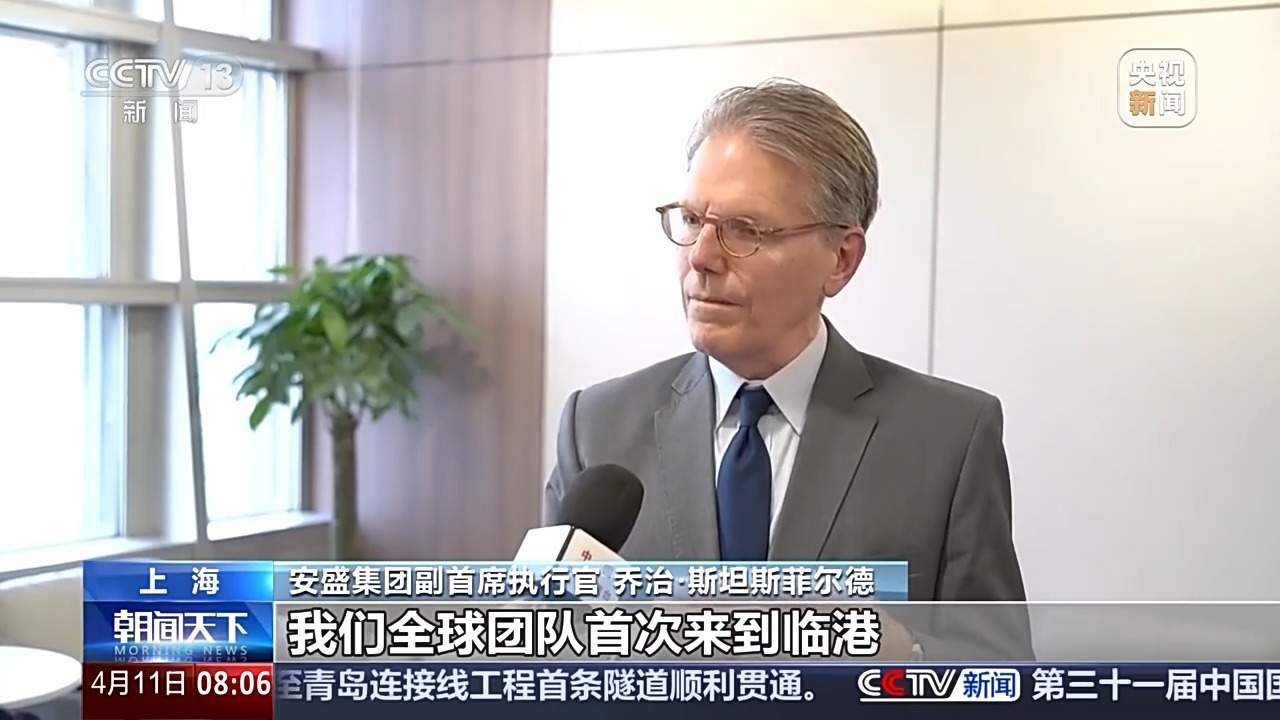 近期,多家外资金融组织正加速在华事务展开速度,持续加码我国商场,看好我国经济。日前,安盛集团旗下再稳妥公司的上海运营中心获准在华开业。这几天,这家公司正在预备下个月行将开端的我国事务首场路演,这也是坐
...[详细]
近期,多家外资金融组织正加速在华事务展开速度,持续加码我国商场,看好我国经济。日前,安盛集团旗下再稳妥公司的上海运营中心获准在华开业。这几天,这家公司正在预备下个月行将开端的我国事务首场路演,这也是坐
...[详细]
-
 近来,跟着芜湖宜居出资集团)有限公司10亿元征集资金到账,标志着由中信银行合肥分行与中信建投证券协同承销的芜湖宜居2022年首期中期收据成功发行。芜湖市宜居出资集团)有限公司是芜湖市区域首要基础设施建
...[详细]
近来,跟着芜湖宜居出资集团)有限公司10亿元征集资金到账,标志着由中信银行合肥分行与中信建投证券协同承销的芜湖宜居2022年首期中期收据成功发行。芜湖市宜居出资集团)有限公司是芜湖市区域首要基础设施建
...[详细]

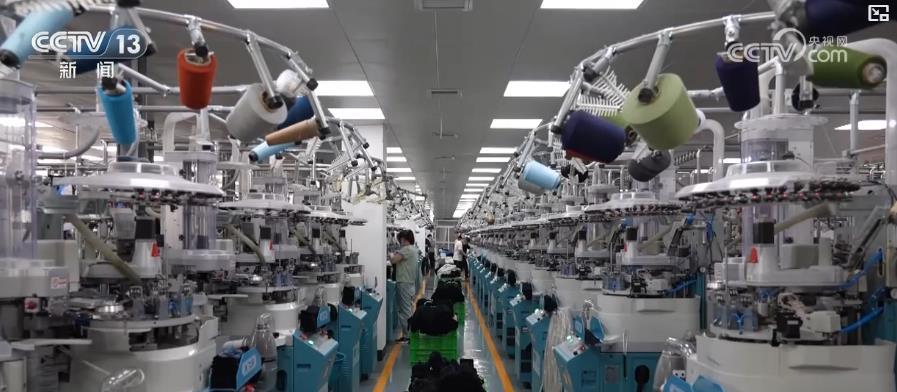 “两新”方针激活商场:设备更新助力工业提质 多范畴消费生机爆发
“两新”方针激活商场:设备更新助力工业提质 多范畴消费生机爆发 中信银行合肥分行牵头7.2亿元银团借款为郑蒲港综保区引进资金“活水“
中信银行合肥分行牵头7.2亿元银团借款为郑蒲港综保区引进资金“活水“ 急大众所急 保一方平安
急大众所急 保一方平安 冷艳×2 来看云锦、青瓷传承人续写的指尖技艺新篇章
冷艳×2 来看云锦、青瓷传承人续写的指尖技艺新篇章 天山南北·驼铃新声|新疆“超级棉田”第五季开端春播 才智农业再晋级
天山南北·驼铃新声|新疆“超级棉田”第五季开端春播 才智农业再晋级